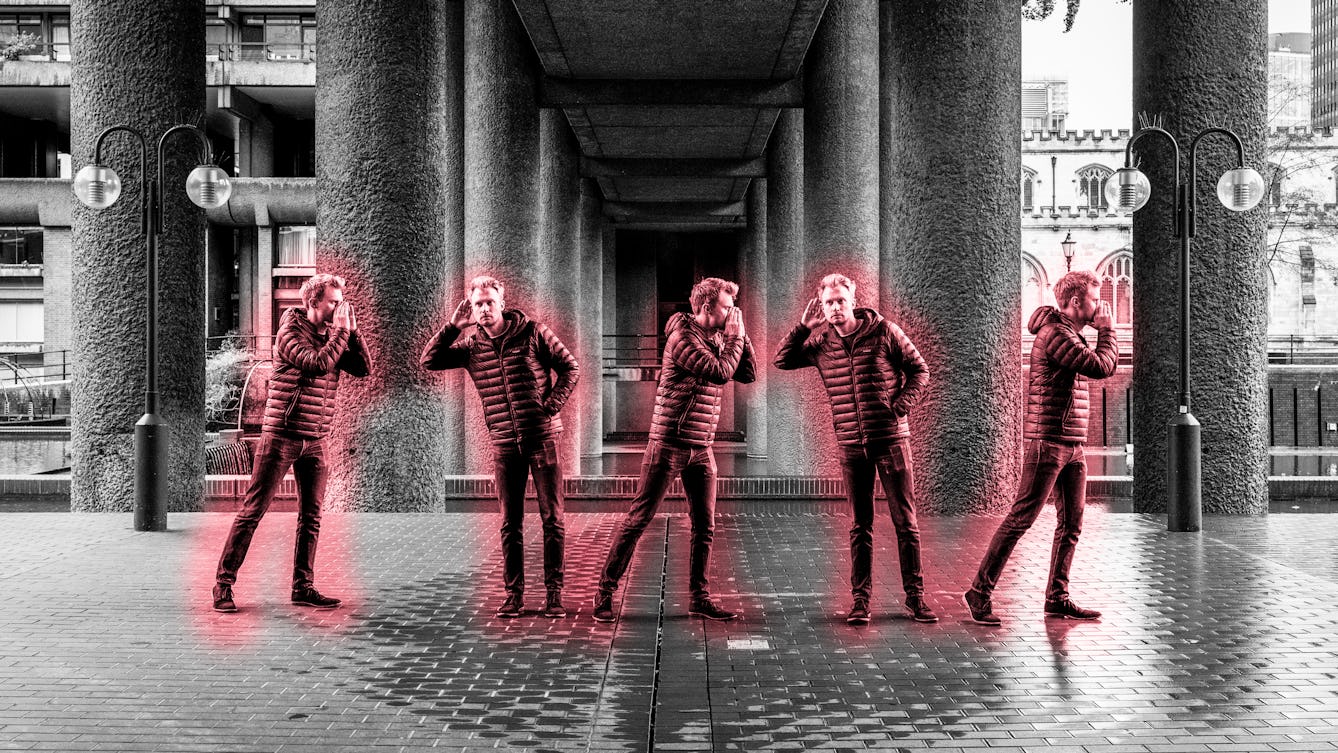
- Book extract
- Book extract
The science of why things spread
From deadly pandemics to viral tweets, Adam Kucharski explores what makes something contagious.

- In pictures
- In pictures
How DNA’s spirals help us understand the shape of life
Twisting across our screens, the double helix of DNA is an icon of our age. And visualising microscopic structures is integral to our understanding of science, as Charlotte Sleigh reveals.
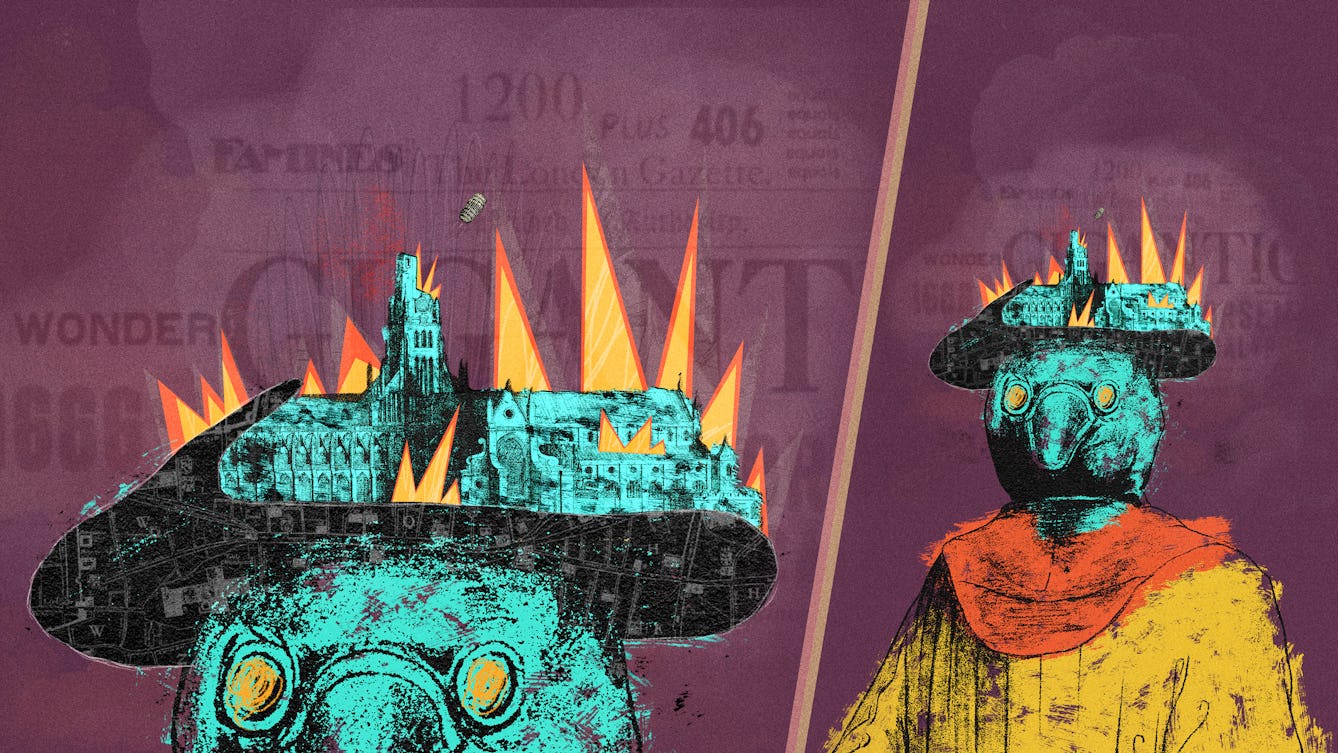
- Article
- Article
Devilry and doom in 1666
Disastrous events and a significant combination of numbers signalled the end – or perhaps a new beginning – in 1666. But for some, this feverish period fuelled unprecedented inventiveness and development.
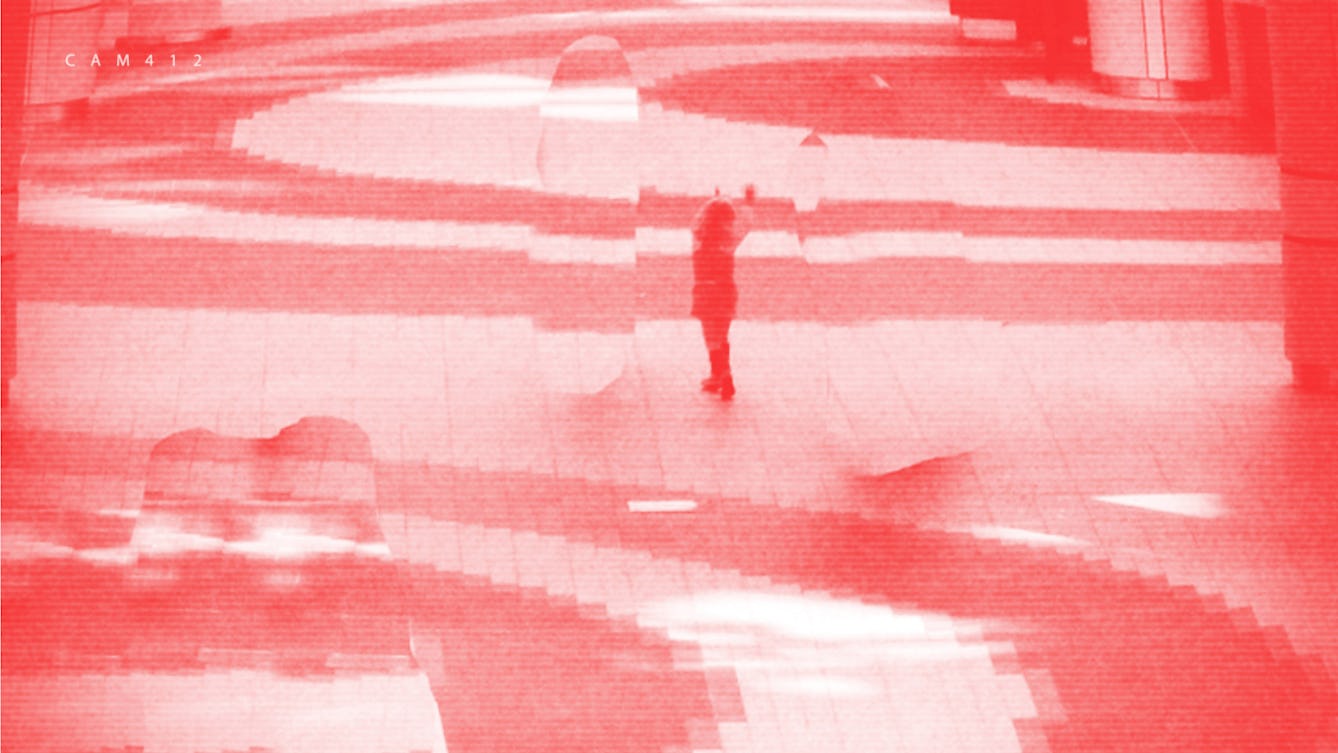
- Article
- Article
Lost in the mall and other false memories
How can you remember an event that never took place? Find out how manipulation, misinformation and coercion can plant false memories in your mind.

- Article
- Article
Can our sexual desires be transformed?
In the 1950s, many psychiatrists thought that homosexuality could be reformed. One found that it couldn’t – and his discoveries led to a change in the law.

- Article
- Article
The metamorphosis of masturbation
Throughout history, medics and campaigners have tried to stamp out masturbation – but is modern science transforming its reputation?

- Article
- Article
What is air, and how do we know?
Watching bubbles in fermenting beer led 18th-century scientist Joseph Priestley to invent sparkling water – and to discover that different gases make up the air we breathe.
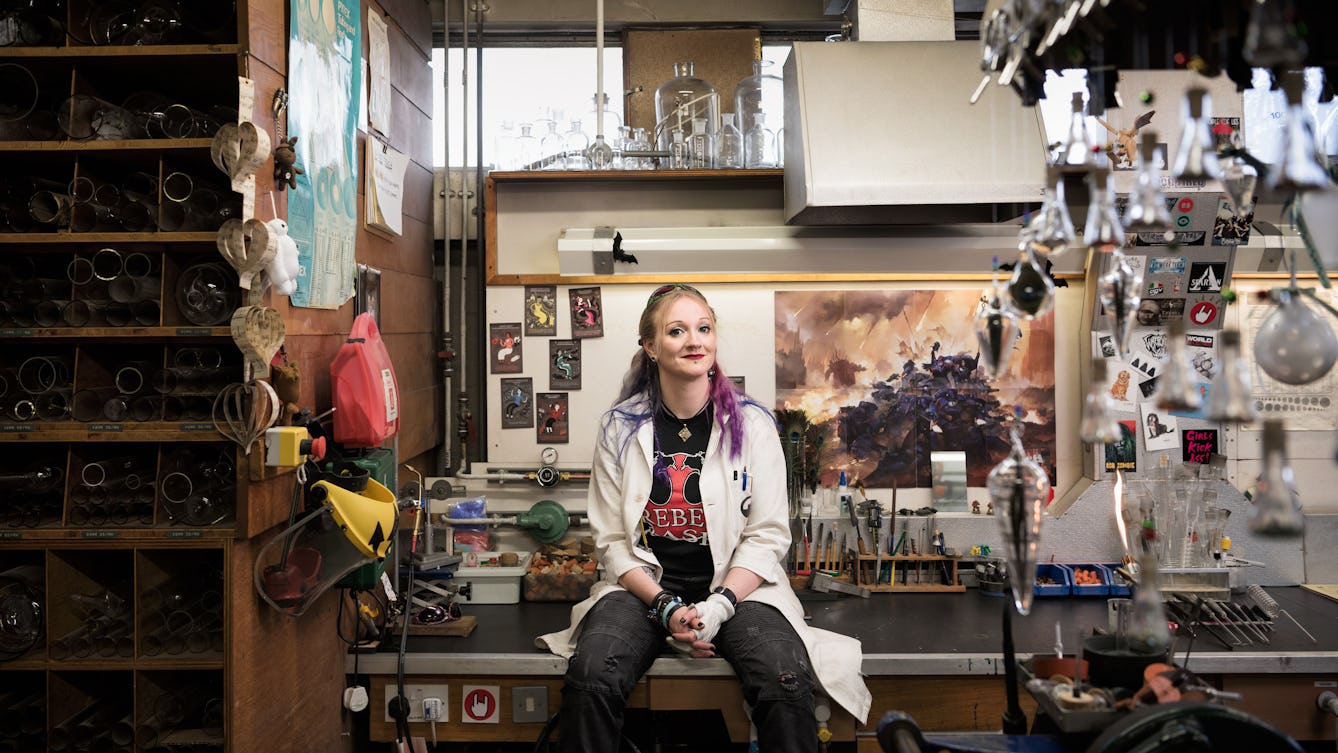
- Article
- Article
The art of scientific glassblowing
Exciting things happen when art, craft, engineering and science collide. Glassblower Gayle Price is proof of that.

- Article
- Article
Aphasia and drawing elephants
When Thomas Parkinson investigated the history of “speech science”, he discovered an unexpected link between empire, elephants and aphasia.

- Long read
- Long read
Healthy scepticism
Healthcare sceptics – like those opposed to Covid-19 vaccinations – often have serious, nuanced reasons for doubting medical authorities.
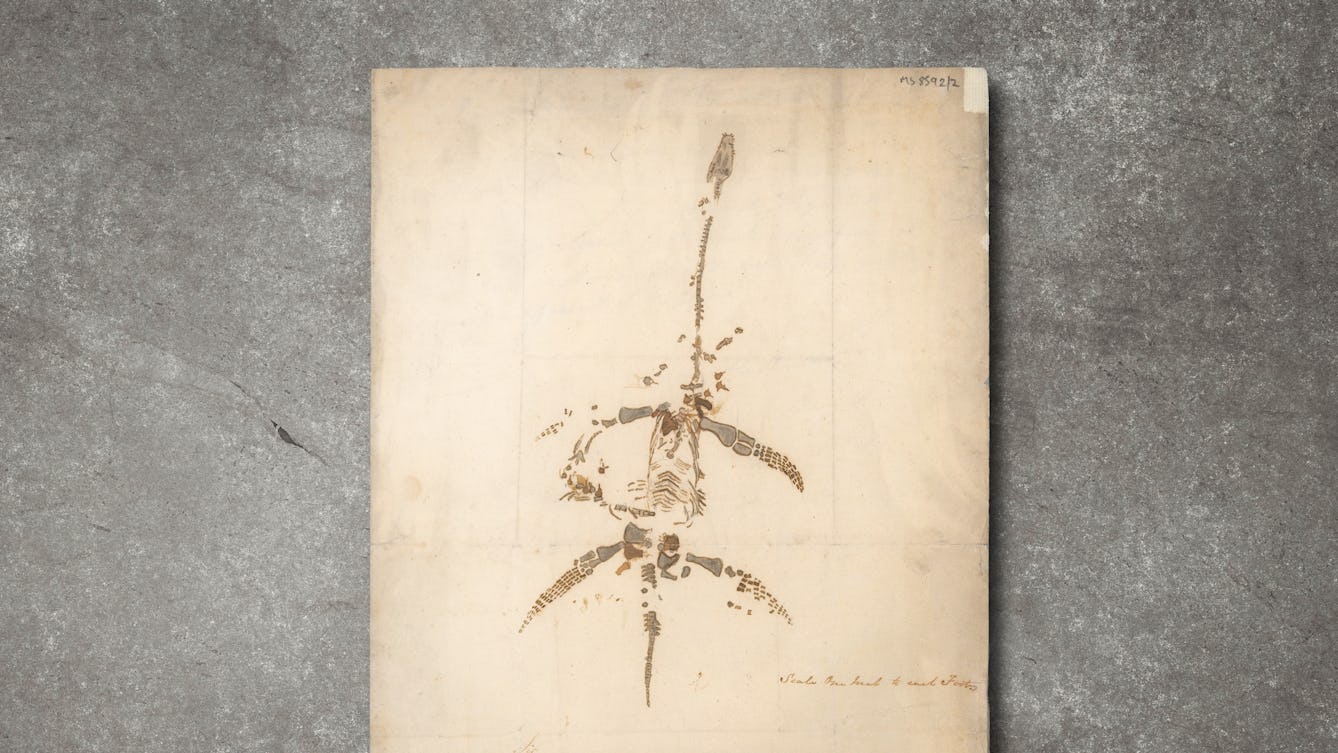
- Article
- Article
Would you like to buy a dinosaur?
Two remarkable letters and a drawing of a plesiosaur by Mary Anning offer a tantalising portal into the exciting world of fossil hunting and discovery of the 1800s.

- Article
- Article
Cocaine, the Victorian wonder drug
Today, cocaine has a very poor public image as one of the causes of crime and violence. But for the Victorians it was welcomed as the saviour of modern surgery.
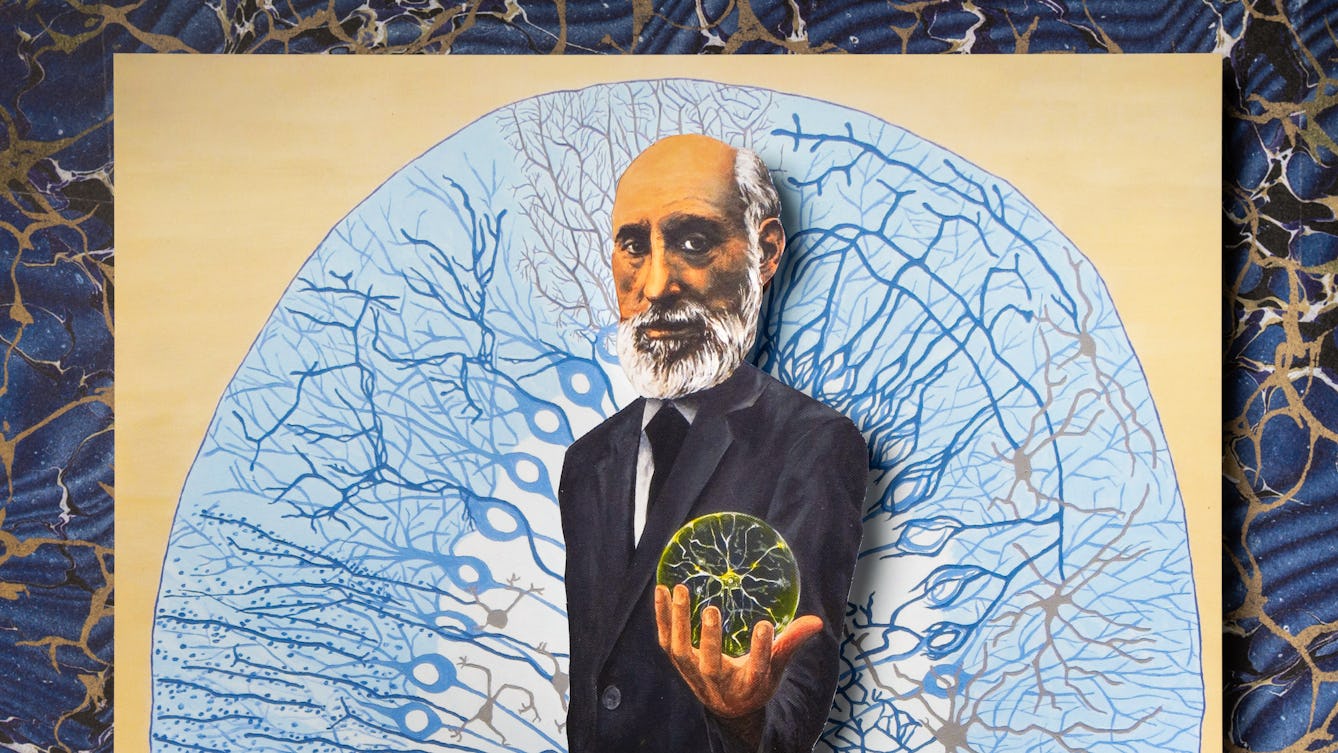
- Book extract
- Book extract
The shape of thought
Santiago Ramón y Cajal’s description of the moment in 1887 when he saw a brain cell for the first time never fails to move neuroscientist Richard Wingate to tears. Here he captures that enduring sense of wonder.
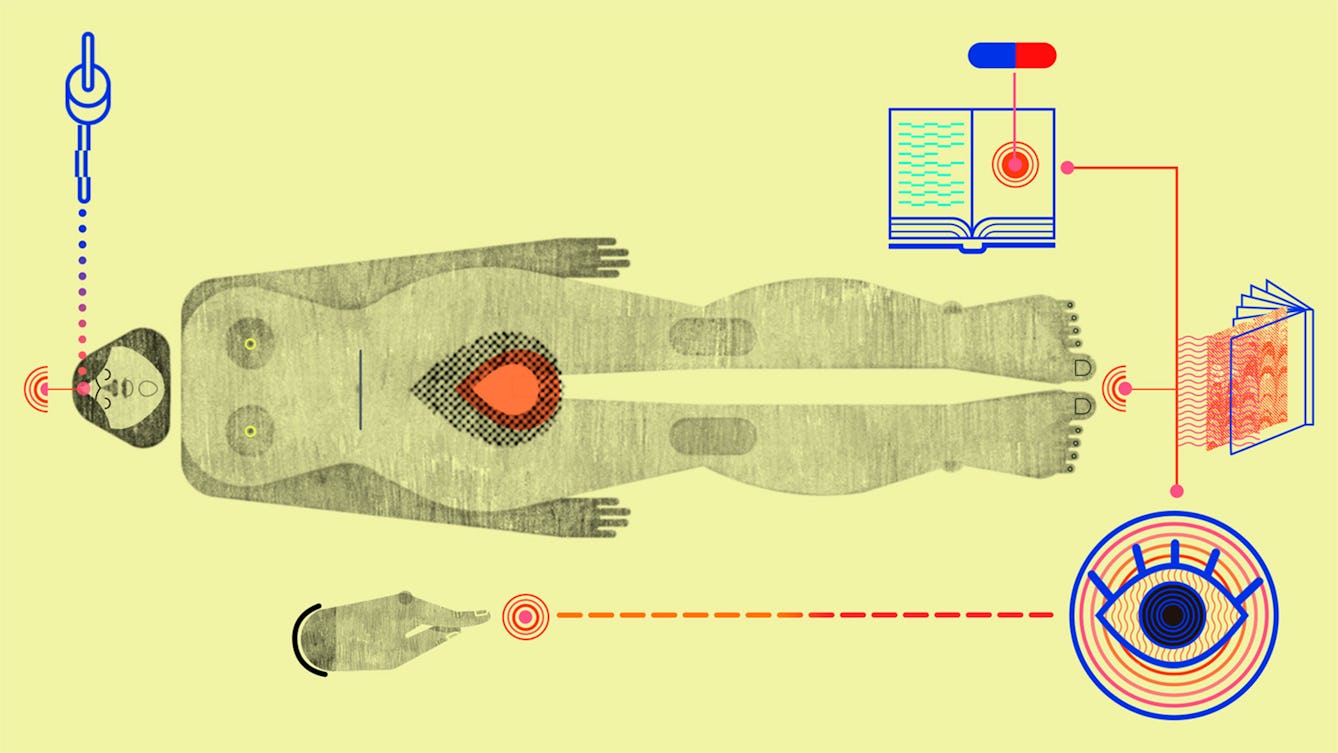
- Article
- Article
Acid and the sexual psychonauts
How LSD fuelled one woman’s journey of sexual self-discovery in the late 1950s.
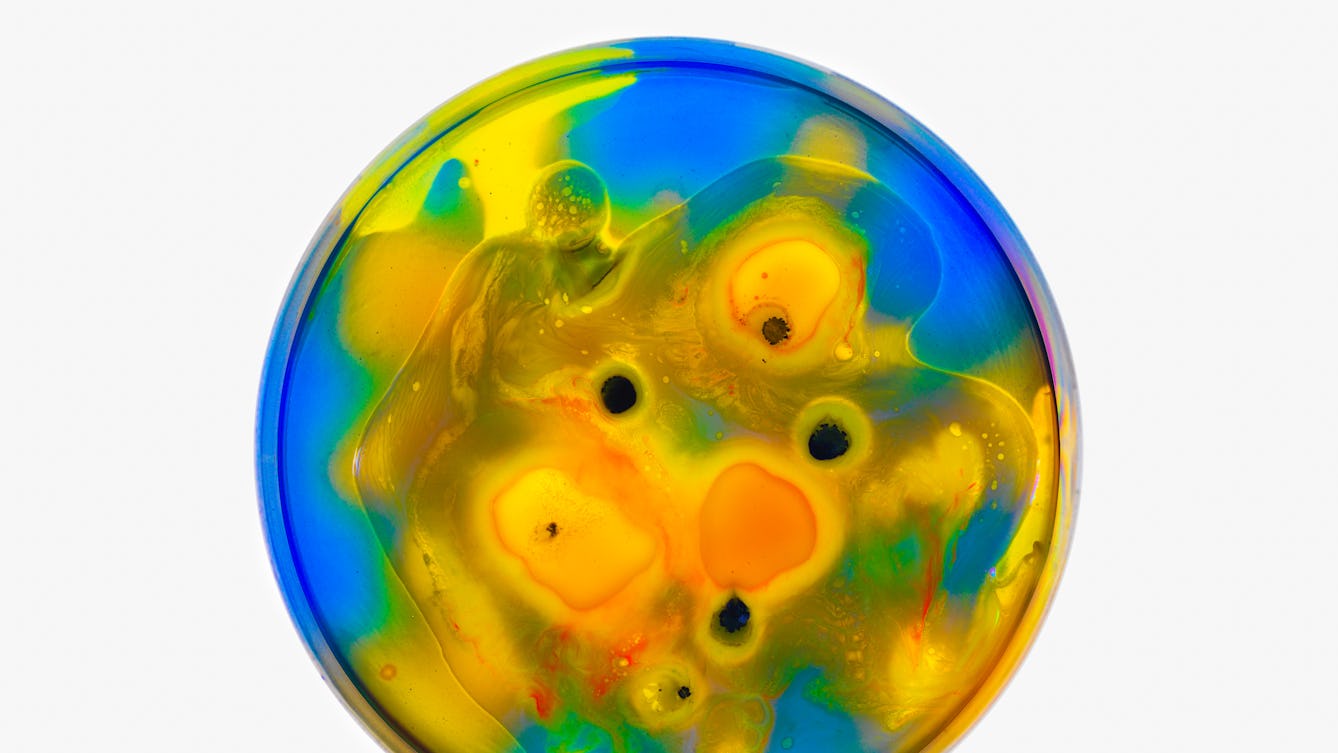
- Article
- Article
Bringing biotech to the people
Amateur scientists have inspired all kinds of frightening scenarios, from Frankenstein’s monster to ‘The Fly’ and ‘Breaking Bad’. But it can be a force for good. Today’s DIYbio enthusiasts are having fun – and even making lucrative breakthrough discoveries.
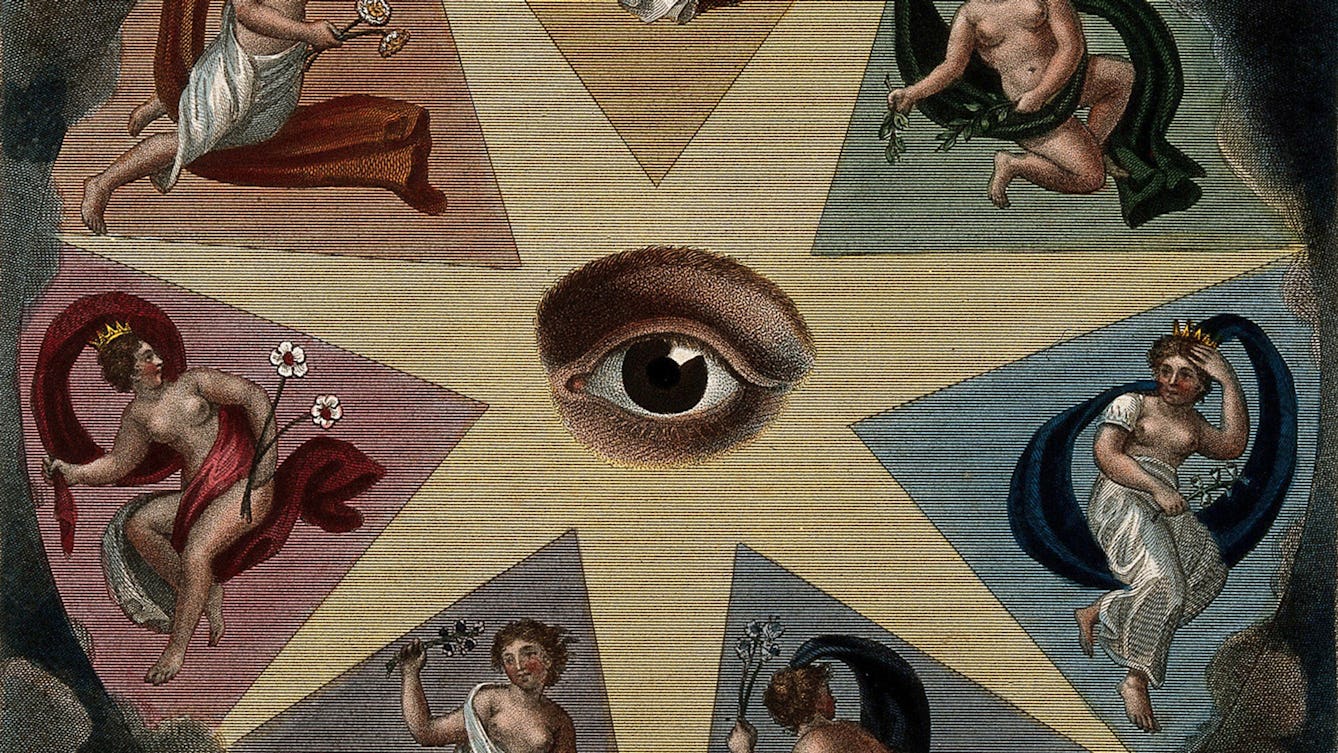
- Article
- Article
Do you see what I see?
Is reality actually what you see, or just an elaborate illusion?

- Article
- Article
Illness and the influence of the stars
Could alien germs from space have caused major pandemics across the world? Taras Young investigates the ideas of a few unconventional scientists who believe this to be the case.
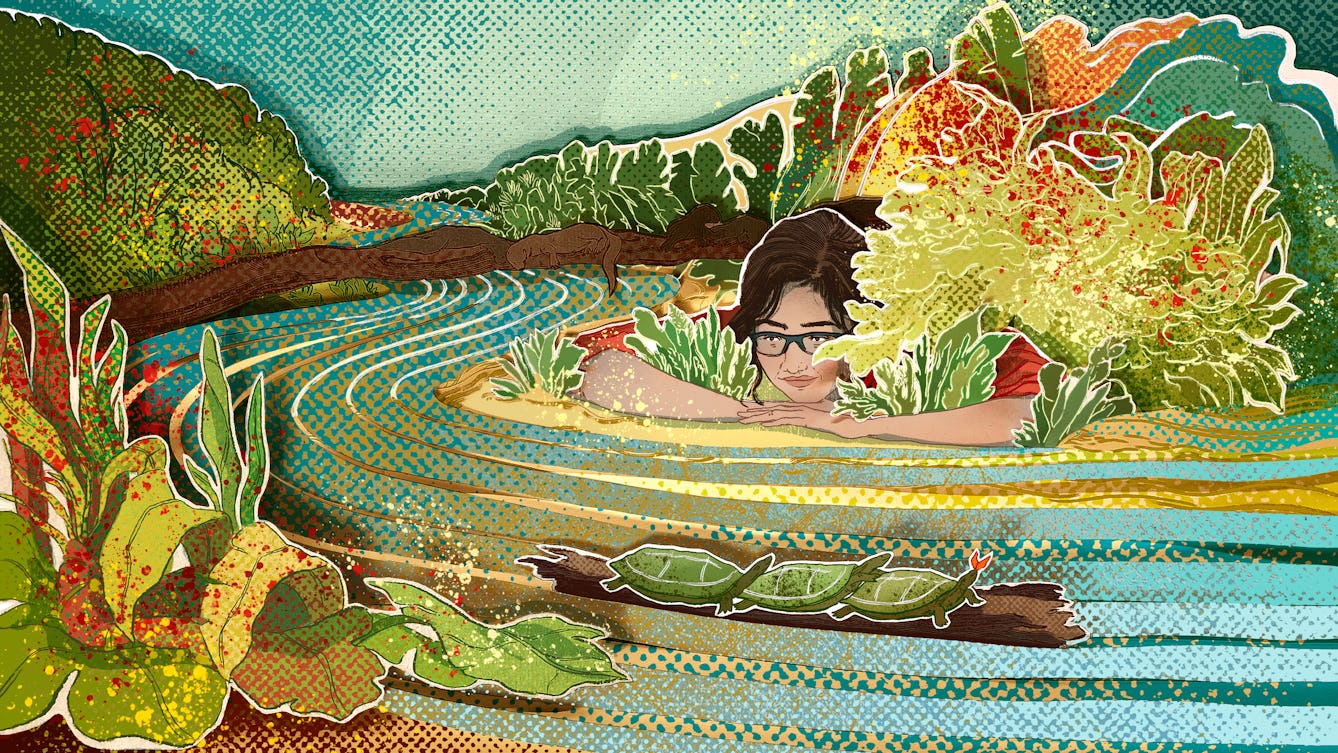
- Article
- Article
My rainforest upbringing
In the introduction to her serial, research biologist Nataly Allasi Canales charts the influences that led her to passion for preserving the species of the Peruvian Amazon, where she spent her childhood.
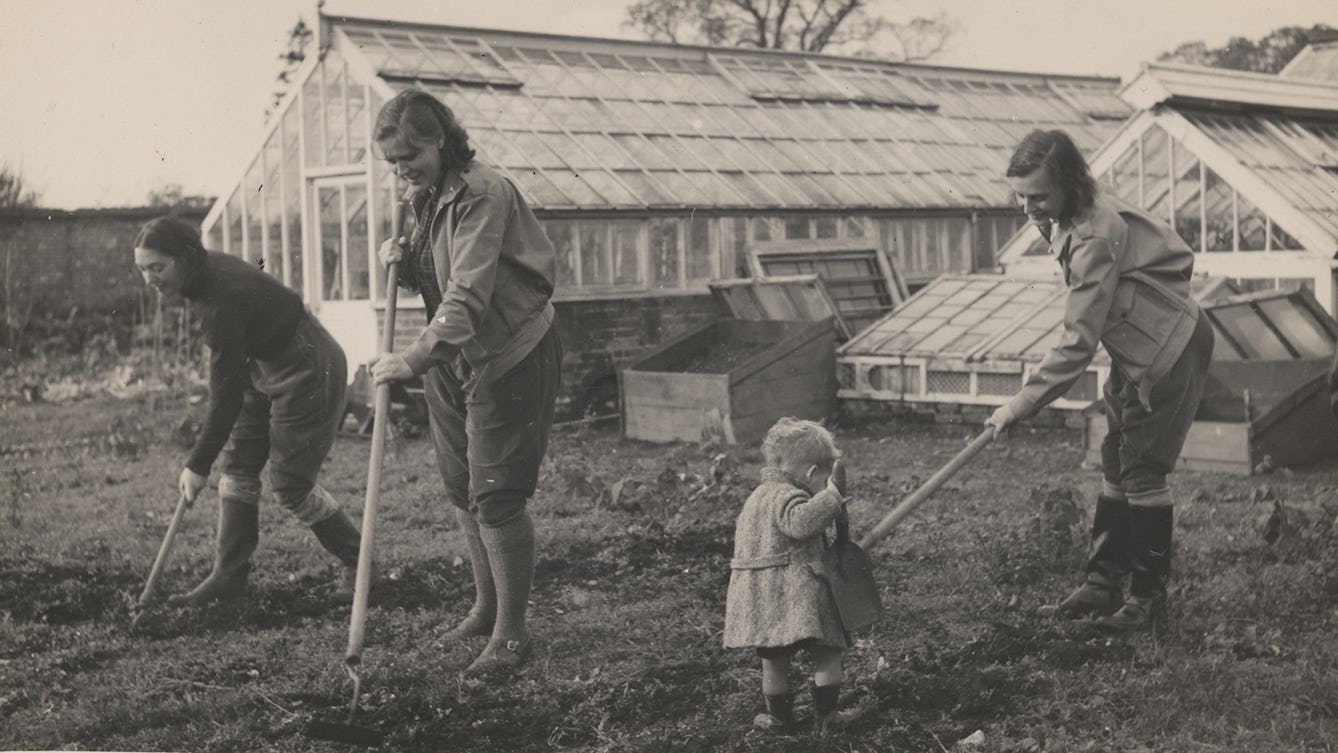
- Article
- Article
How the Peckham Experiment inspired my fiction
Find out how an unruly mass of archive material from a 1930s radical health centre has inspired brand new writing.
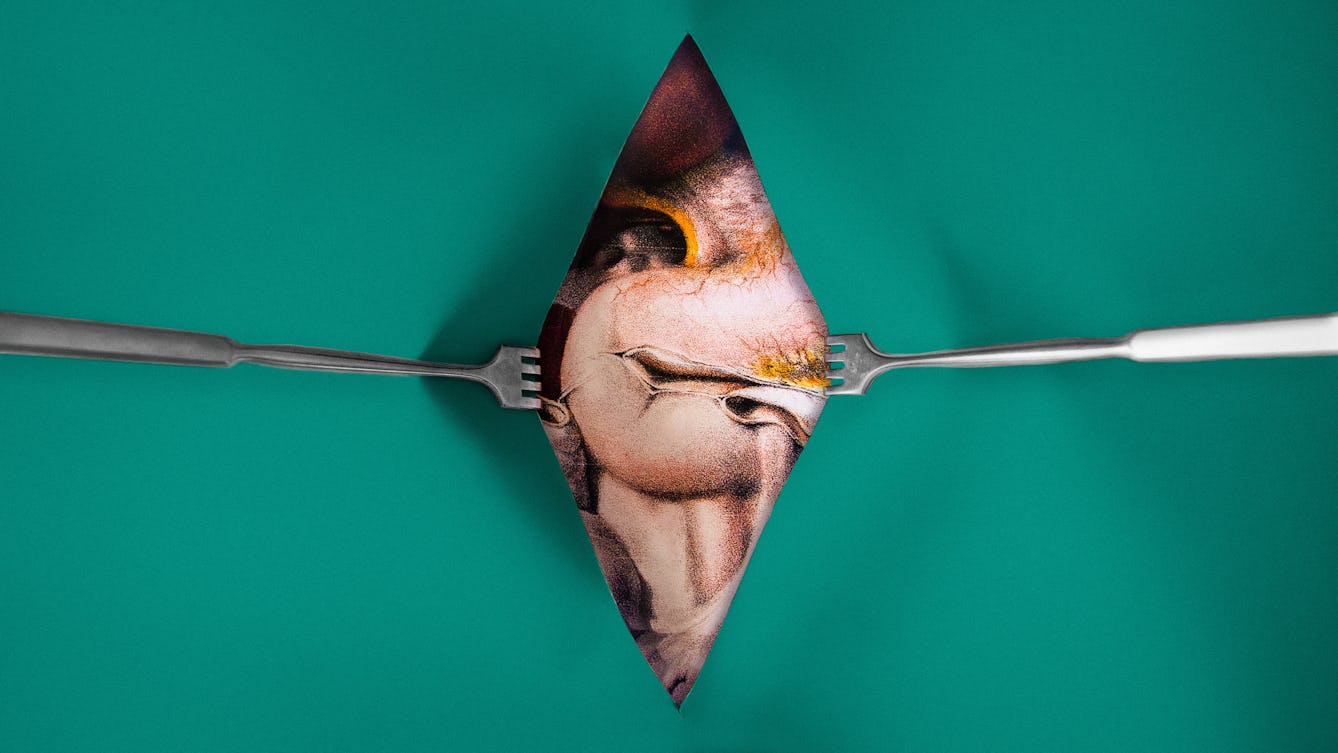
- Article
- Article
The case of the cancerous stomach
Steak and schnitzel were on the menu again after Theodor Billroth successfully excised a woman’s stomach cancer in 1881. Remarkably, today’s surgeons still perform the same procedure, with slight modifications.

- Article
- Article
When the sun goes down
Despite the country’s colonial and industrial dominion, the finest minds of Victorian Britain began to fear the devastating effects of declining natural resources. Even the death of the sun.
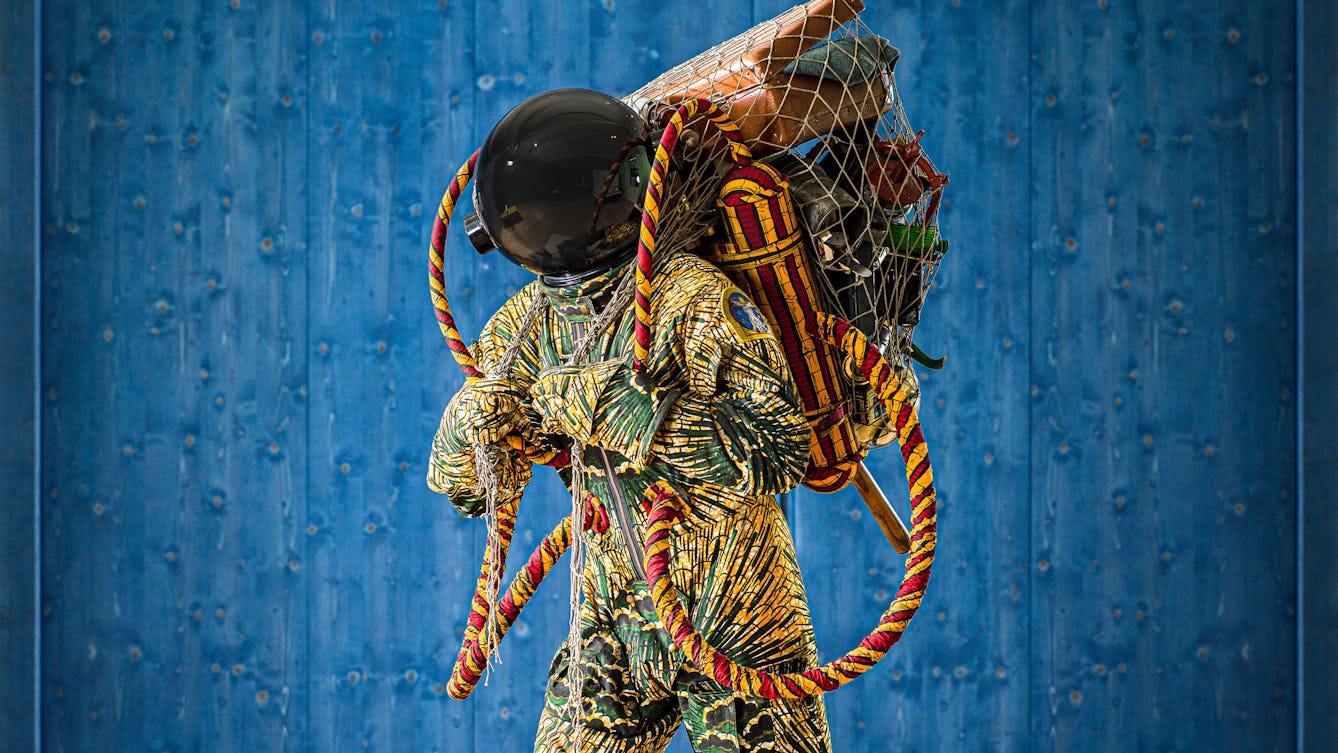
- Interview
- Interview
Meet the climate emergency
Find out what led Yinka Shonibare to create the compelling artwork ‘Refugee Astronaut’.

- Article
- Article
Believe yourself better
There’s more to recovery than medication. In future, our unconscious minds could be recruited to put a positive spin on our health problems, helping us feel better faster.
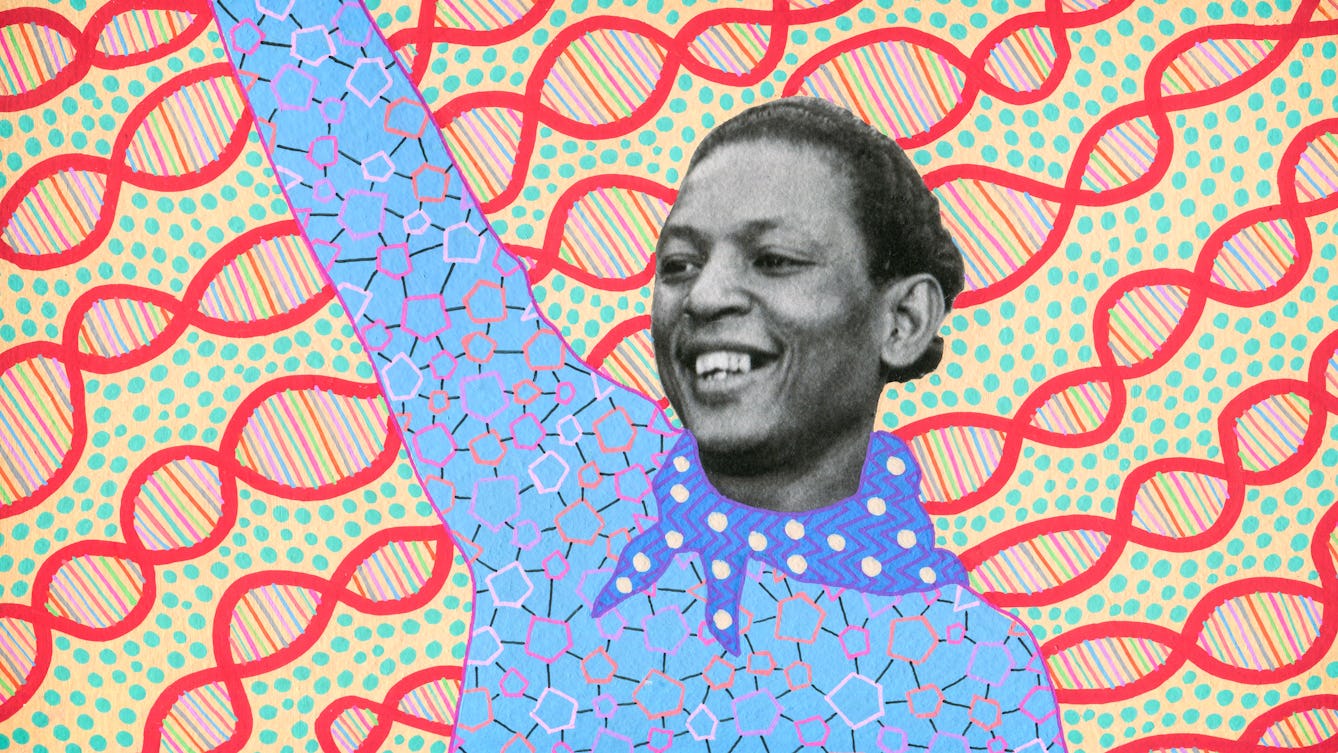
- Article
- Article
Ancestry, privacy and the family tree
Wanting to find out more about her Jamaican grandfather, Tanya Perdikou contemplates DNA testing. But first she has to consider the potential impact of unexpected results.

- Article
- Article
John Walter on ‘Alien Sex Club’
I’m a painter, but I make worlds.